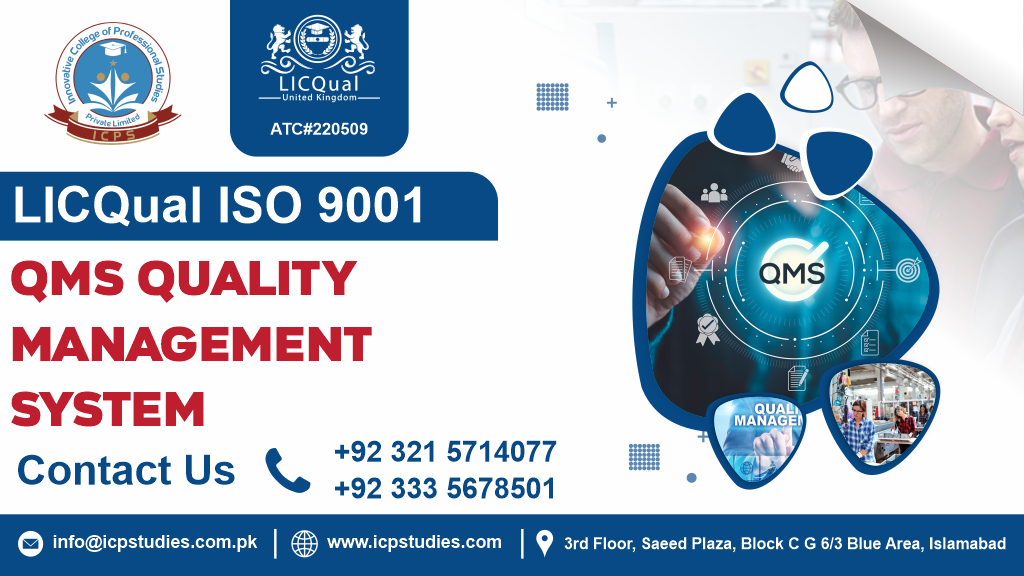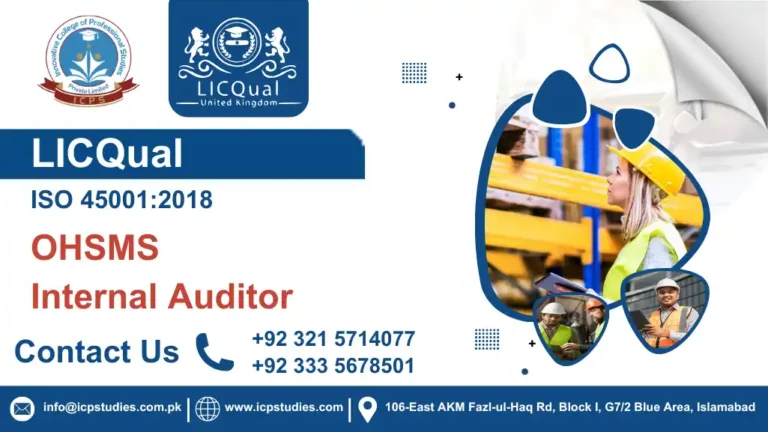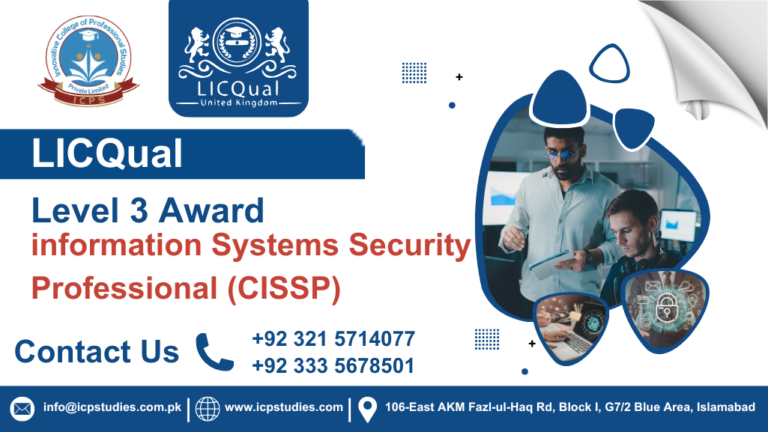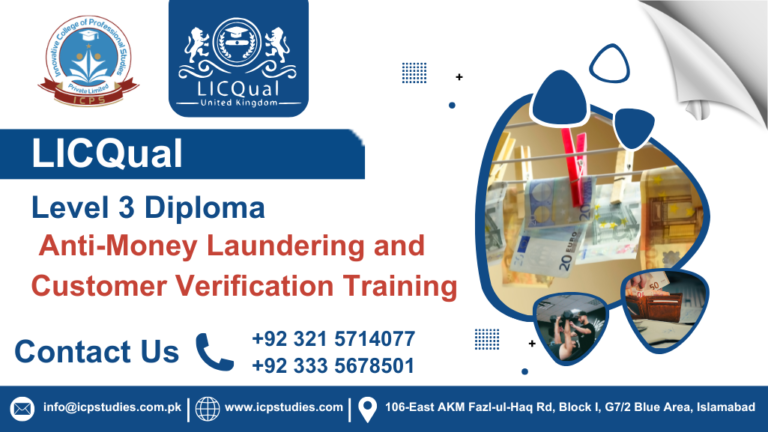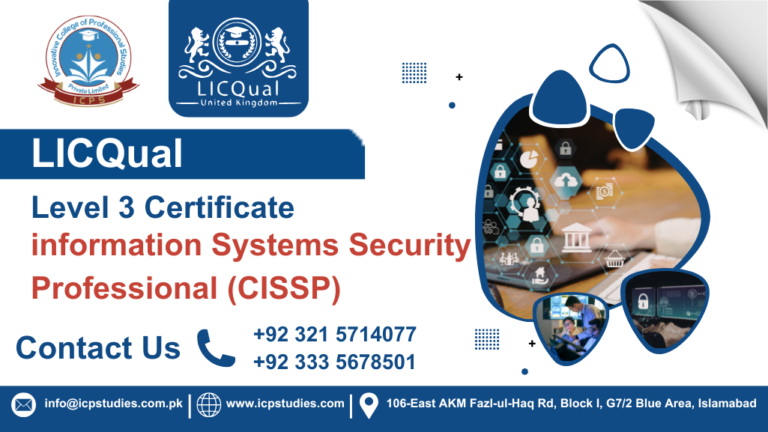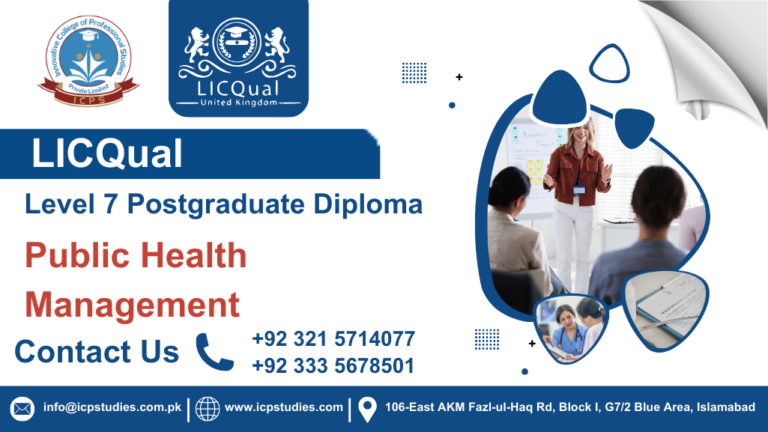In today’s competitive business environment, maintaining high-quality standards is essential for success. ISO 9001:2015, the international standard for Quality Management Systems (QMS), provides a framework that helps organizations consistently deliver products and services that meet customer expectations and regulatory requirements.
ISO 9001:2015 is a globally recognized standard for quality management that outlines criteria for a QMS. Developed by the International Organization for Standardization (ISO), it focuses on enhancing customer satisfaction by improving organizational processes and ensuring consistent product and service quality. ISO 9001 is applicable to organizations of all sizes and industries, making it a versatile tool for driving quality improvement.
ISO 9001:2015 serves as a fundamental framework for quality management, helping organizations deliver consistent, high-quality products and services. By implementing ISO 9001, organizations can enhance customer satisfaction, improve process efficiency, and strengthen their competitive position in the market. Embracing ISO 9001 is not just about certification—it’s about committing to a culture of quality and continuous improvement that drives long-term success.
All About ISO 9001 QMS Quality Management System
Course Overview
An ISO 9001 QMS Quality Management System (QMS) Internal Auditor is a professional responsible for conducting internal audits of an organization’s Quality Management System to ensure compliance with ISO 9001:2015 standards. This role is critical in assessing whether the QMS is effectively implemented, maintained, and continuously improved in accordance with ISO 9001 requirements. Internal auditors play a key role in identifying areas for improvement and ensuring that the organization meets both its quality objectives and regulatory obligations.
An ISO 9001 QMS Quality Management System Internal Auditor is integral to maintaining and improving an organization’s quality management system. Through systematic auditing, these professionals ensure compliance with ISO 9001 standards, identify areas for improvement, and drive the continuous enhancement of quality management practices. Their work supports organizational excellence, customer satisfaction, and long-term success.
Study Units
- Introduction to ISO 9001
- Quality Management Principles
- Process Approach
- Documentation and Records Management
- Internal Audit Techniques:
- Root Cause Analysis
- Continuous Improvement
- Educational Background: A degree or equivalent qualification in business, management, engineering, or a related field.
- Professional Experience: Relevant work experience in quality management, operations, or a related area, typically ranging from one to three years.
- Familiarity with ISO Standards: Basic understanding of ISO 9001 and other quality management standards is beneficial.
- Knowledge of Quality Management Principles: Awareness of quality management concepts, tools, and methodologies.
- Communication Skills: Strong verbal and written communication skills for effective documentation and reporting.
- Commitment to Learning: Willingness to engage with course materials and participate in practical assessments.
- Analytical Skills: Ability to analyze processes and identify areas for improvement.
As specific requirements may vary by provider, it’s advisable to check the details of the course you are interested in.
- Quality Managers: Professionals responsible for implementing and maintaining quality management systems.
- Internal Auditors: Individuals conducting audits of quality management processes within organizations.
- Operations Managers: Those overseeing processes who want to ensure quality and efficiency in operations.
- Compliance Officers: Professionals ensuring adherence to quality standards and regulatory requirements.
- Project Managers: Individuals involved in managing projects that require quality assurance and control.
- Process Improvement Specialists: Those focused on optimizing processes and implementing best practices.
- Consultants: Advisors providing expertise on quality management systems and ISO standards.
Overall, the course is suitable for anyone involved in the development, implementation, or auditing of quality management systems.
4o mini
Learning Outcome
. Introduction to ISO 9001
- Understanding ISO 9001: Explain the purpose and scope of ISO 9001:2015, including its history and evolution as an international quality management standard.
- Key Components: Describe the structure and key components of the ISO 9001 standard, including its clauses and requirements.
- Application: Identify how ISO 9001 can be applied across various industries and organizational sizes to enhance quality management.
2. Quality Management Principles
- Principle Overview: Understand and articulate the seven quality management principles underpinning ISO 9001, including customer focus, leadership, engagement of people, process approach, improvement, evidence-based decision making, and relationship management.
- Principle Application: Demonstrate how these principles can be applied to improve organizational practices and drive quality management.
- Impact on QMS: Analyze how adherence to these principles contributes to the effectiveness and success of the QMS.
3. Process Approach
- Process Identification: Identify and map organizational processes and their interactions within the QMS framework.
- Process Management: Explain the concept of managing processes through a systematic approach, focusing on inputs, activities, outputs, and controls.
- Performance Measurement: Understand how to monitor and measure process performance and how to use this data to drive improvements.
4. Documentation and Records Management
- Document Creation: Develop and manage quality management documentation, including policies, procedures, work instructions, and records.
- Documentation Control: Implement controls for document management to ensure accuracy, accessibility, and up-to-date information.
- Record Keeping: Establish effective records management practices to ensure the integrity and availability of quality records for compliance and continuous improvement.
5. Internal Audit Techniques
- Audit Planning: Develop an internal audit plan, including defining the scope, objectives, and schedule of audits.
- Conducting Audits: Apply techniques for conducting internal audits, including preparation, execution, and evidence gathering.
- Reporting Findings: Prepare audit reports that effectively communicate findings, non-conformities, and opportunities for improvement.
6. Root Cause Analysis
- Problem Identification: Utilize techniques to identify and define the root causes of non-conformities or issues within the QMS.
- Analysis Methods: Apply root cause analysis methods such as the 5 Whys, Fishbone Diagram (Ishikawa), or Failure Mode and Effects Analysis (FMEA).
- Corrective Actions: Develop and implement corrective actions based on root cause analysis to address and resolve underlying issues.
7. Continuous Improvement
- Improvement Strategies: Understand and apply strategies for driving continuous improvement within the QMS, including Lean, Six Sigma, and other improvement methodologies.
- Performance Monitoring: Use performance data and feedback to identify opportunities for improvement and measure the effectiveness of implemented changes.
- Cultivating Improvement Culture: Foster a culture of continuous improvement by engaging employees, encouraging innovation, and integrating improvement practices into everyday operations.
These learning outcomes aim to provide participants with a comprehensive understanding of ISO 9001 and equip them with the skills necessary to effectively implement and manage a Quality Management System. The focus is on practical application, continuous improvement, and ensuring compliance with ISO 9001 standards.
FAQs about ISO 9001 QMS Quality Management System

